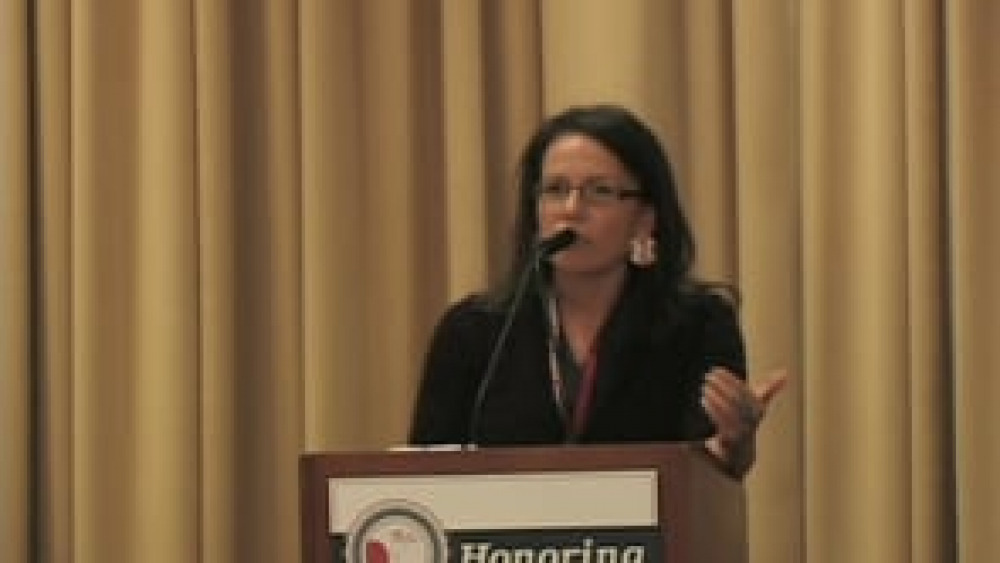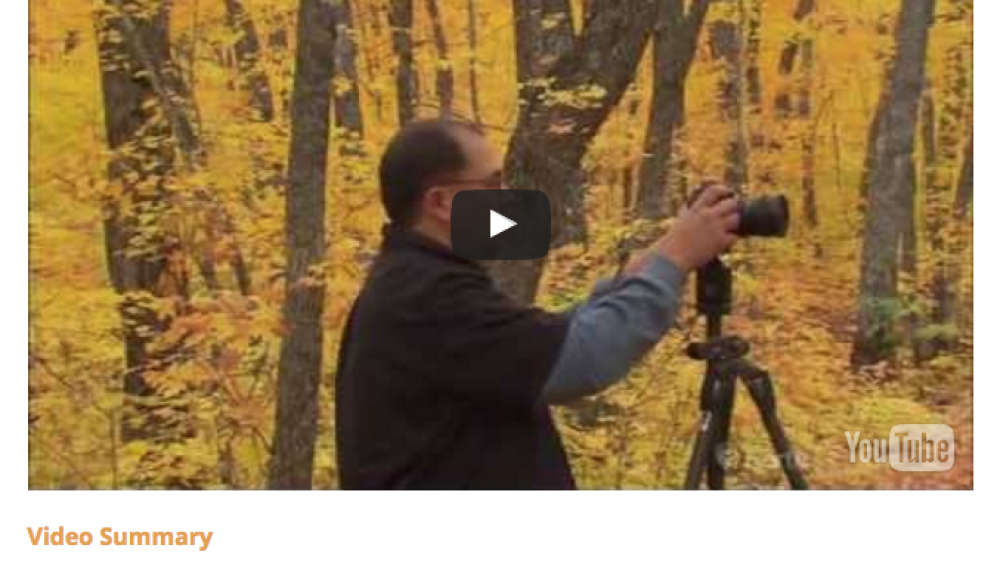Harvard Project on American Indian Economic Development Co-Director Joseph Kalt stresses that the only policy that has ever created and sustained community and economic development in Native communities is self-determination. He also introduces Jodi Gillette, Senior Policy Advisor for Native American Affairs for the Obama Administration.
Additional Information
Kalt, Joseph P. "A New Era of Governmental Relations." Honoring Nations symposium. Harvard Project on American Indian Economic Development, John F. Kennedy School of Government, Harvard University. Cambridge, Massachusetts. September 17, 2009. Presentation.
Transcript
"...That is in reference to the fact that we are very fearful of a lawsuit against the Harvard Project [because] every single employee of the Harvard Project is female. Well, thank you Megan very much, and welcome to all of you.
As many of you know, this effort, the Harvard Project, the Native Nations Institute, have this tremendous focus on tribal governance. Why tribal governance? The focus here arises because in our early days, more than 20 years ago, the nerdy professors kept turning up the result that the only policy that was turning things around in Indian Country, the only policy that was bettering peoples' lives -- not only economically but socially, culturally, families, everything -- were policies of self-determination. I once was testifying before the [U.S. Senate Committee on Indian Affairs] and I made that point that the only policy that's ever worked is a policy of self-determination. And one of the skeptical senators looked at me. And I said, 'Senator, you know, if I came up here as an economist...' I admit it. I'm an economist. You remember from college? Good with numbers and computers, not enough personality to be an accountant. Oh, I just insulted the accountants here -- I apologize. 'Senator,' I said, 'if I came up here as an economist and I told you, when we look across eastern Europe, we can't find a single case of sustained economic development, social improvement, cultural strengthening where some outsider was making the decisions for a nation, you wouldn't be surprised. Why would you be surprised about Indian Country?'
The lessons that you teach are that self-determination works. It works economically, socially, culturally, in every dimension of life. But it's also, as was indicated it's also a challenge. I had a very good friend of mine, a retired chairwoman of Muckleshoot, Virginia Cross -- some of you may know her -- one time say to me, 'This self-determination is sort of the two-edged sword.' She said, 'It used to be when anything went wrong we could blame the feds. Now when something goes wrong, they blame me.' And then she said, very wisely, 'And that's the way it should be, because the challenge of leadership is a challenge of service, is a challenge of accountability and what helps and what is improving things is answering that call.'
A cornerstone, an absolute cornerstone of self-determination as a Nation is self-governance. If you look -- many of you know this from friends, relatives or perhaps your own communities -- if you look at the history of termination of tribes in the United States, the termination of the powers of self-government, the termination of the status of nationhood made everything fall apart. Governance is a lot about bureaucracy; it's a lot about technical numbers and so forth. But without it, it is so incredibly difficult to hold together a community, to hold together the identities of people. This is true, as Steve [Cornell] said, not only Native peoples, it's true all over the world. So that the challenge of self-government is truly the challenge not only of nation building but of community building. A cornerstone of that is intergovernmental relations with your neighbors, of intergovernmental relations -- in our case in the United States -- with the federal government.
And we hope that a new era has been marked with a new administration, with the appointment of a high level advisor in the White House on Indian affairs. And we are pleased today, and it is my honor to introduce, the Deputy Associate Director of the Office of Intergovernmental Affairs, Jodi Gillette. Jodi now resides, if you will, in the White House. I don't think you get to sleep there though, do you Jodi? But obviously, [she] represents more than the symbolism but a commitment to true intergovernmental relations, because she's in the Office of Intergovernmental Affairs; there's not only symbolism, but meat in that. Jodi is a graduate of the outstanding program at Dartmouth. Among a number of other people in the room here, Jodi is also a Bush Fellow. And we have a very close relationship with the Bush Foundation in St. Paul. [She] received her Masters in Public Administration from Minnesota. Prior to joining the Obama administration she was the Director of the Native American Training Institute and is a citizen of the Standing Rock Sioux Nation. So it's with great honor that we welcome Jodi to Honoring Nations. Thank you."



